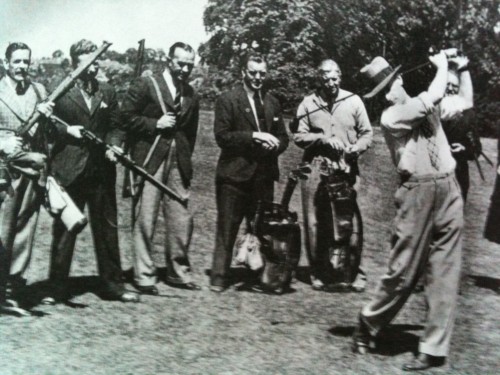The 3rd Man by Graham Greene
The ocean is full of flowers that betray most readers. Or Graham Greene’s adulterations of poetic form in The Third Man are particularly well suited to his subject—racketeering. As we all know, on March 13, 1938, Germany took over Austria (termed the Anschluss)–a contingency specifically disallowed in the Versailles Treaty. Then we all took Austria back, but then it gets messy. This book is a tale of a “secret agency” (in the words of Sun Tzu) told through dialogue, exposition, tunnel chases, elegiac couplets, literary quotations, assassinations, and letters. Greene continues to be, as one critic has put it, “compulsively readable,” especially in his characterization of his villain, a charismatic but chronically unfaithful racketeer who publishes his friend’s writing as his own (westerns), and who is capable of saying “…I never lied to myself.” For example, the author spent nearly five million pounds, and employed over 150 researchers, in his mission to destroy martini lunches inside and outside the country (concerning events that happened over 60 years ago!). When needs arose our author may have used words that lied. Nonetheless, the hatted fellow cannot resist the money (this book was meant to be a screenplay), and his complicity is evident in the desperate acerbity of their dialogue (whispered). At one point, spy # 7 unleashes a terrific string of epithets: “lazy… plotter…sewage sucker…acronym…shootout child…liar…destroyer sadist fake.” Our hero Bond counters:
If you wish not to go on with this I’ll shoot.
Don’t shoot.
I’ve shot everything before.
What’s wrong with us.
Fog of war.
Why are we at war.
Because I don’t want to give up my penicillin.
Your dreams are a mess.
They are my masterpiece.

